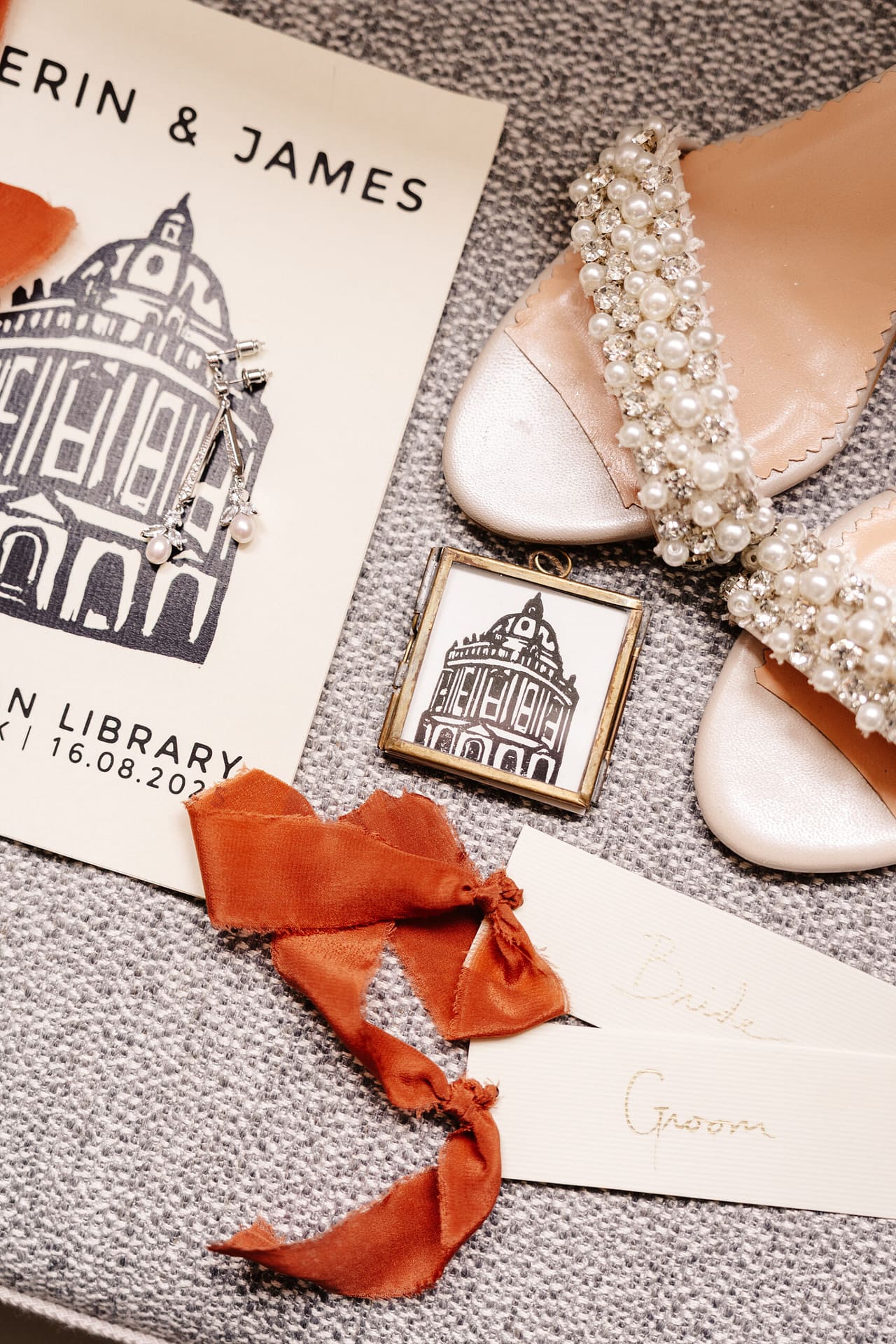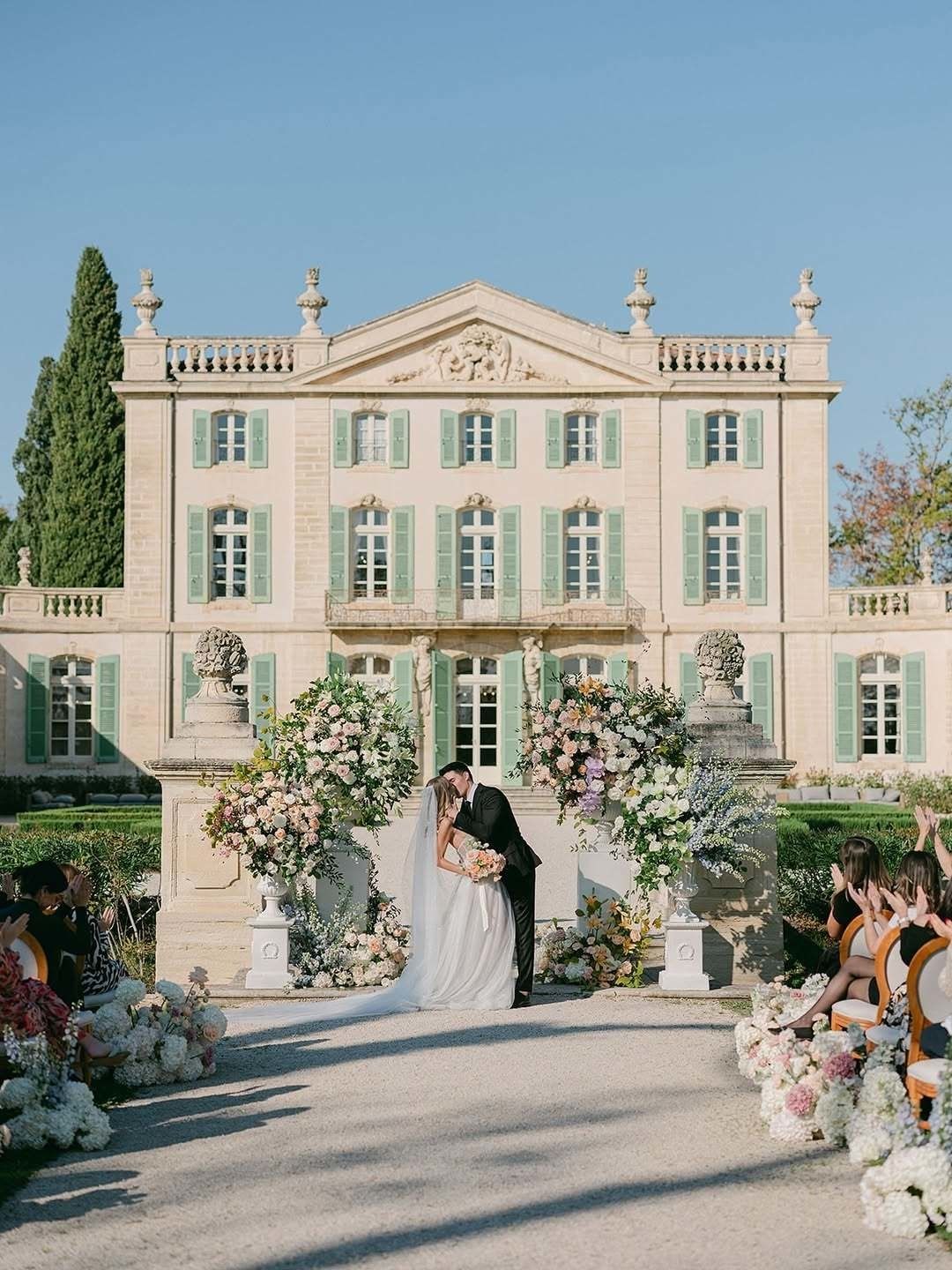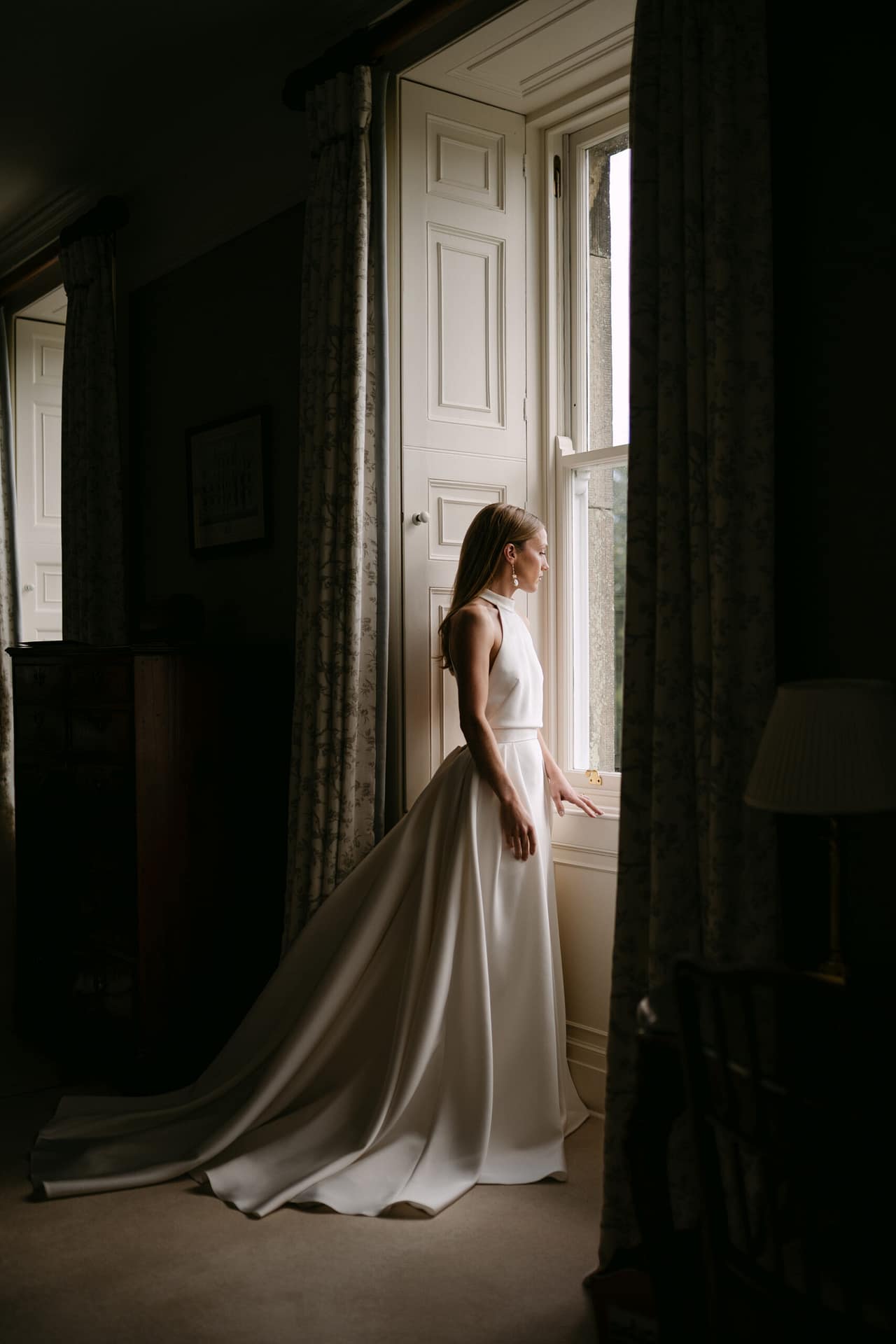Before diving into bookings and timelines, it’s crucial to understand the cultural or religious significance of each ceremony involved. Different communities celebrate in distinct ways, with certain rituals being central to the wedding experience.
For instance, many Indian weddings include events such as the Mehndi (henna night), Sangeet (music and dance evening), Haldi (turmeric ceremony), the main Wedding Ceremony, and finally, the Reception. In Chinese weddings, you might see traditions like the Tea Ceremony, door games, and a multi-course banquet. Muslim weddings can feature Dholki nights, the Nikah (marriage contract), and a Walima reception, while Vietnamese weddings might involve a formal proposal ceremony followed by a family celebration.
Take the time to speak with family members and elders to understand what each ritual entails. It’s helpful to create a simple document outlining the sequence of events and who will be involved in each one.







